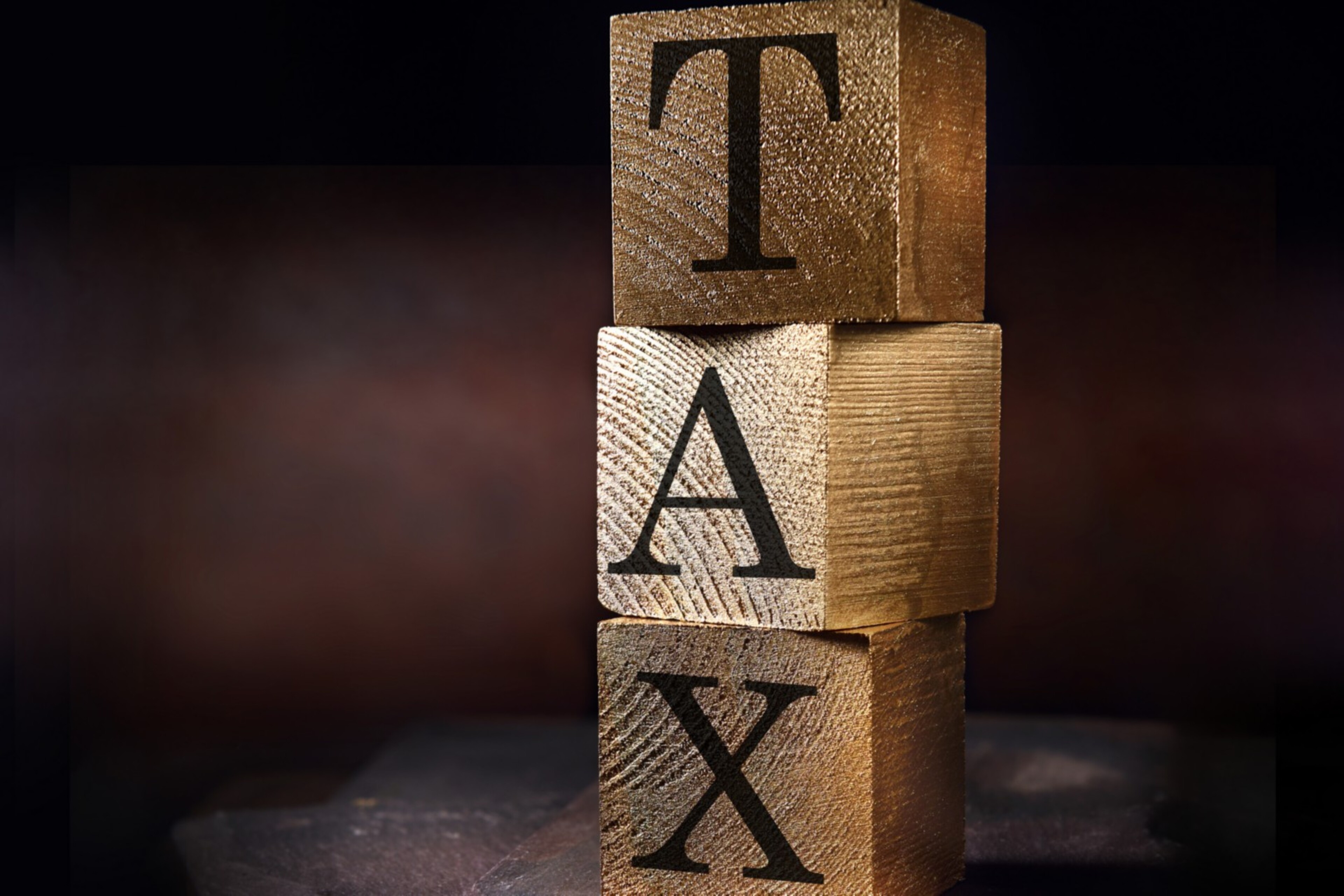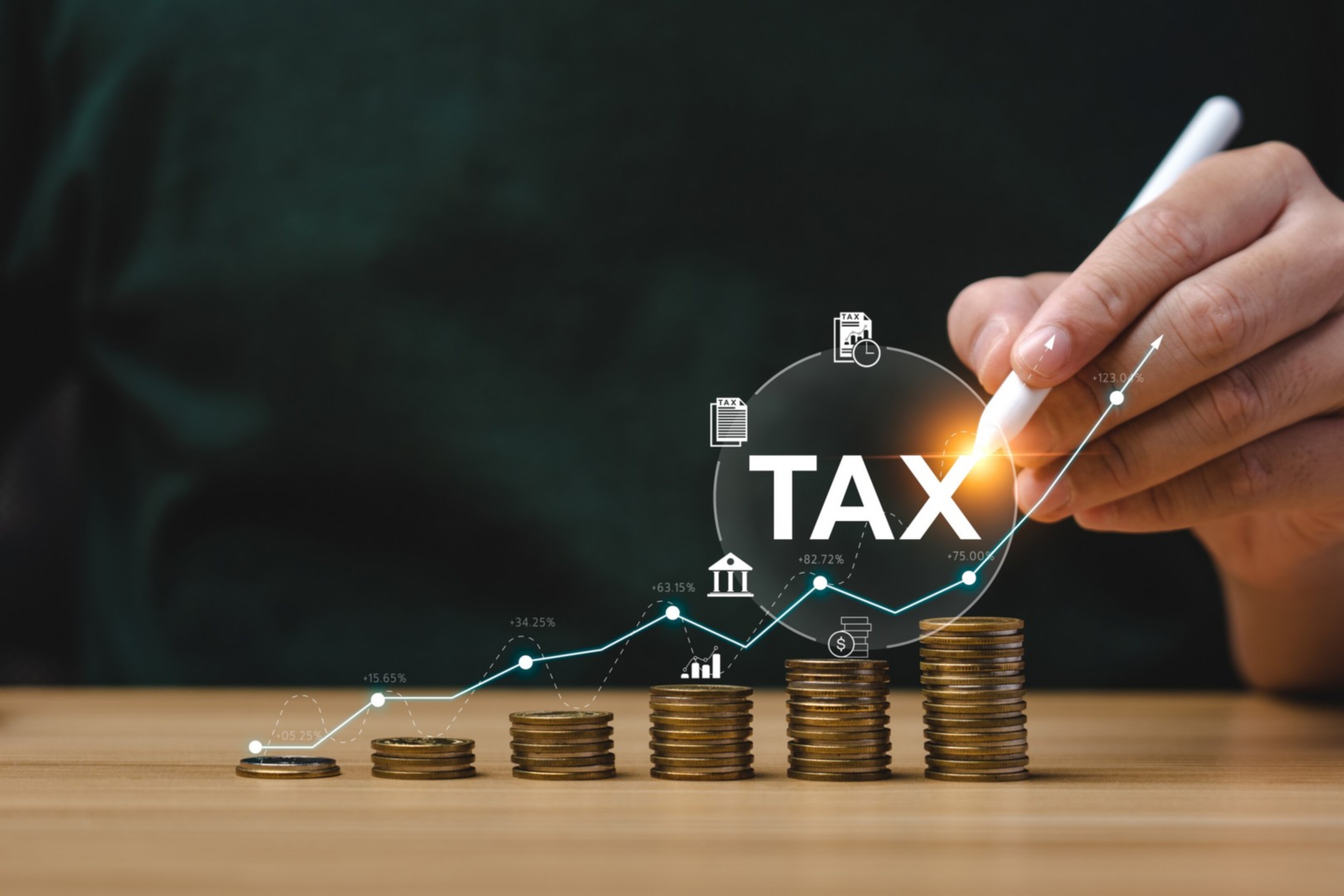EY refers to the global organization, and may refer to one or more, of the member firms of Ernst & Young Global Limited, each of which is a separate legal entity. Ernst & Young Global Limited, a UK company limited by guarantee, does not provide services to clients.
How EY can help
-
EY India provides expert tax policy advisory services, offering insights and strategies to navigate complex tax regulations and drive business growth.
Read more -
EY India Tax magazine shares insights from EY Tax Partners & Industry leaders on evolving tax and policy change to gear-up the businesses and tax professionals.
Read more
Keeping in perspective the government’s green energy mission, reliance on indigenous products like electrolyzers, energy storage equipment may become critical for reliable source of energy. Such production would entail R&D, capital infusion, demand creation, etc., and hence extension of the sunset date for the concessional tax regime was highly anticipated by multiple industries. While on one hand application of aforesaid concessional tax regime has been extended to co-operative societies by proposing an amendment in the Budget proposal for 2023, the requirement of commencement of manufacture/ production by 31 March 2024 also applies for such taxpayers and it can be said that the window provided to commence operations is too short. To address these limitations, representations are made at various forums for the extension of aforesaid sunset date and suitable amendment is warranted in Budget for fiscal year 2024, if not by way of amendment at enactment stage of Finance Bill 2023.
Another important aspect from infrastructure standpoint is funding. Usually, large-scale infrastructure projects are awarded under a concession agreement under a public private partnership (PPP) model where the concessionaire is required to arrange for funds to develop the infrastructure. Even under the HAM model for road contracts, the government provides initial support only to the extent of 40% of the contract value and balance portion is to be arranged by the private developer. There are limited options for developers to arrange funds from local sources and one way to raise funds was from foreign portfolio / institutional investors, foreign lenders, etc.
Certain form of borrowing under the extent foreign exchange regulations from such parties attracted a lower tax rate of 5% (plus surcharge and cess) on interest payable to foreign company’s if the agreement is entered into or funds are borrowed before 01 July 2023 or in case of foreign portfolio / institutional investors where interest is payable before 01 July 2023. While the government has announced setting up of infrastructure finance secretariat for more private investments in infrastructure, from a tax policy standpoint it could consider extending the concessional tax rate for borrowing from foreign countries at least for another year such that funding requirement in infrastructure building can be secured at reduced cost. As an alternative, finance from GIFT city could now be explored with renewed interest.
This article is written by Neetu Vinayek, Partner and Tax Leader for Infrastructure and Oil & Gas sector, EY India with contributions from Manmay Y Chandawalla – Senior Manager, Global Compliance and Reporting, EY India.







